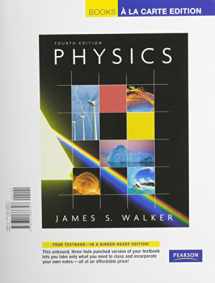
Japan: Tradition and Transformation, Revised Edition
Book details
Summary
Description
One of two texts which introduce East Asian history, both have been rewritten to take account of the changes in China since Mao's death, of Japan's economic success, and of the emergence of Taiwan, South Korea and Singapore as important political and economic powers. They aim to combine authoritative scholarship with comprehensive coverage and a succinct, readable style and are aimed at undergraduate students and the general reader. Japan is a land of modest geographic size, but it is one of the larger countries of the world by population and today is the world's economic powerhouse. Though in culture it is a daughter of ancient China, Japan has developed one of the most distinctive cultures in the world. This makes Japan a subject of great interest, but the unique course of Japanese history has made it of even greater significance. Despite its East Asian cultural origins, Japan evolved along a very different course to its neighbours; subsequently it became the only non-Western land to respond successfully to the challenge of superior Western technology in the nineteenth century and today it has become a leading nation of the so-called First World. As the only non-Western member of the this grouping of nations, Japan stands in a very special relationship to the other industrialised lands. Its success in negotiating this vast change and the great economic power this has produced are matters of importance to both groups of nations. Even more significant is the fact that Japan, in industriualising and in "modernising" its institutions, has preserved a sharp self-identity and a considerable part of its traditional, pre-modern culture, despite the tidal wave of Western influences that has inundated it in modern times. These survivals from its past civilization give Japan an unusual cultural richness and seem to contribute special strengths as well as difficulties to its handling of the problems of modern urban society. This revised edition gives special attention to Japa


We would LOVE it if you could help us and other readers by reviewing the book
Book review



